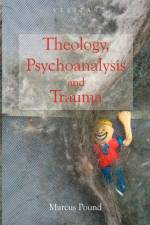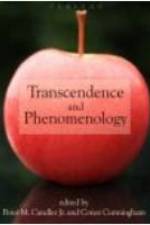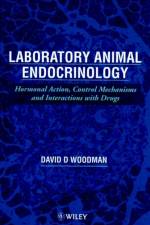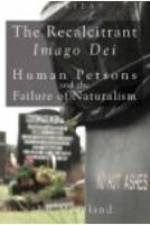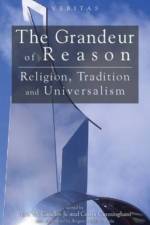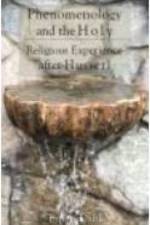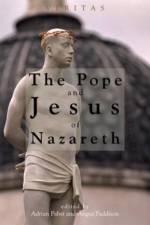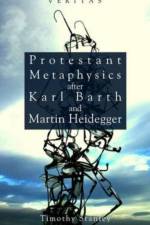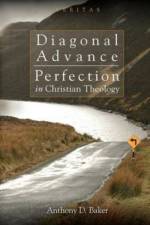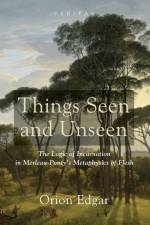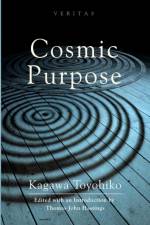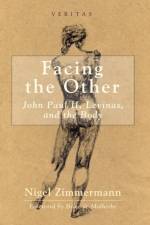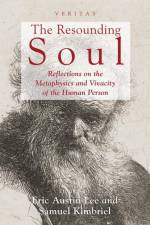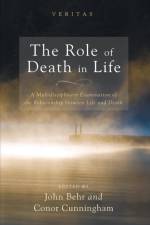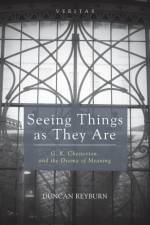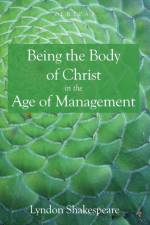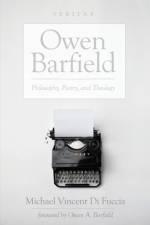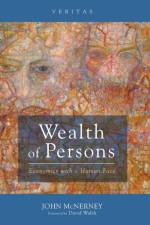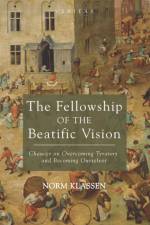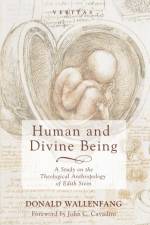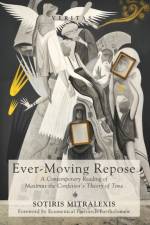361
The relation between life and death is a subject of perennial relevance for all human beings--and indeed, the whole world and the entire universe, in as much as, according to the saying of ancient Greek philosophy, all things that come into being pass away. Yet it is also a topic of increasing complexity, for life and death now appear to be more intertwined than previously or commonly thought. Moreover, the relation between life and death is also one of increasing urgency, as through the twin phenomena of an increase in longevity unprecedented in human history and the rendering of death, dying, and the dead person all but invisible, people living in the industrialized and post-industrialized Western world of today have lost touch with the reality of death. This radically new situation, and predicament, has implications--medical, ethical, economic, philosophical, and, not least, theological--that have barely begun to be addressed. This volume gathers together essays by a distinguished and diverse group of scientists, theologians, philosophers, and health practitioners, originally presented in a symposium sponsored by the John Templeton Foundation.""In this book, the mutual implication of death and life is demonstrated from an astronomical level, in the emergence of human life from the death of stars, to the molecular level where death enables the emergence of cellular life, through anthropological, philosophical, and theological insights, to the realm of medical care for the dying, where it is claimed that ''only theology can save medicine.'' A profound and challenging book.""--Andrew Louth, Professor Emeritus of Patristic and Byzantine Studies, Durham University, United Kingdom""How can Christians defend the place of natural death and the death consequent upon sin, while continuing to insist upon the undying character of true life as such and so the reality of resurrection? These penetrating essays by several of the leading theological thinkers of our times will powerfully help the reader to ponder these crucial matters of our contemporary mortality.""--John Milbank, Research Professor and Director of the Centre of Theology and Philosophy, University of Nottingham""For once, it is not a polite exaggeration to say this is a ''unique'' book. The breadth of disciplines represented and the originality of the analysis offered make it an exceptional contribution to current debates. Anyone who thinks the dialogue between theology and the natural sciences is, at best, an exchange of uncomprehending platitudes, will have to think again in the face of these expert, challenging essays, which show that an orthodox theology of our embodied condition can be culturally transformative.""--Rowan Williams, Master of Magdalene College, Cambridge""A substantive, important, and provocative volume. The insights of the essays it encompasses will richly reward the reader."" --H. Tristram Engelhardt Jr., Professor of Philosophy, Rice University, Professor Emeritus, Baylor College of MedicineJohn Behr is the Dean of St. Vladimir''s Orthodox Theological Seminary in New York. He has published numerous monographs with SVS Press and OUP, most recently an edition and translation of the fragments of Diodore of Tarsus and Theodore of Mopsuestia and a monograph on Irenaeus.Conor Cunningham, Associate Professor of Theology and Philosophy at the University of Nottingham, serves as codirector of the Centre of Theology and Philosophy. He is the author of the Genealogy of Nihilism (2002) and the award-winning Darwin''s Pious Idea: Why the Ultra-Darwinists and Creationists Both Get It Wrong (2010). Cunningham was also the writer and presenter of the multi award-winning BBC documentary Did Darwin Kill God?

